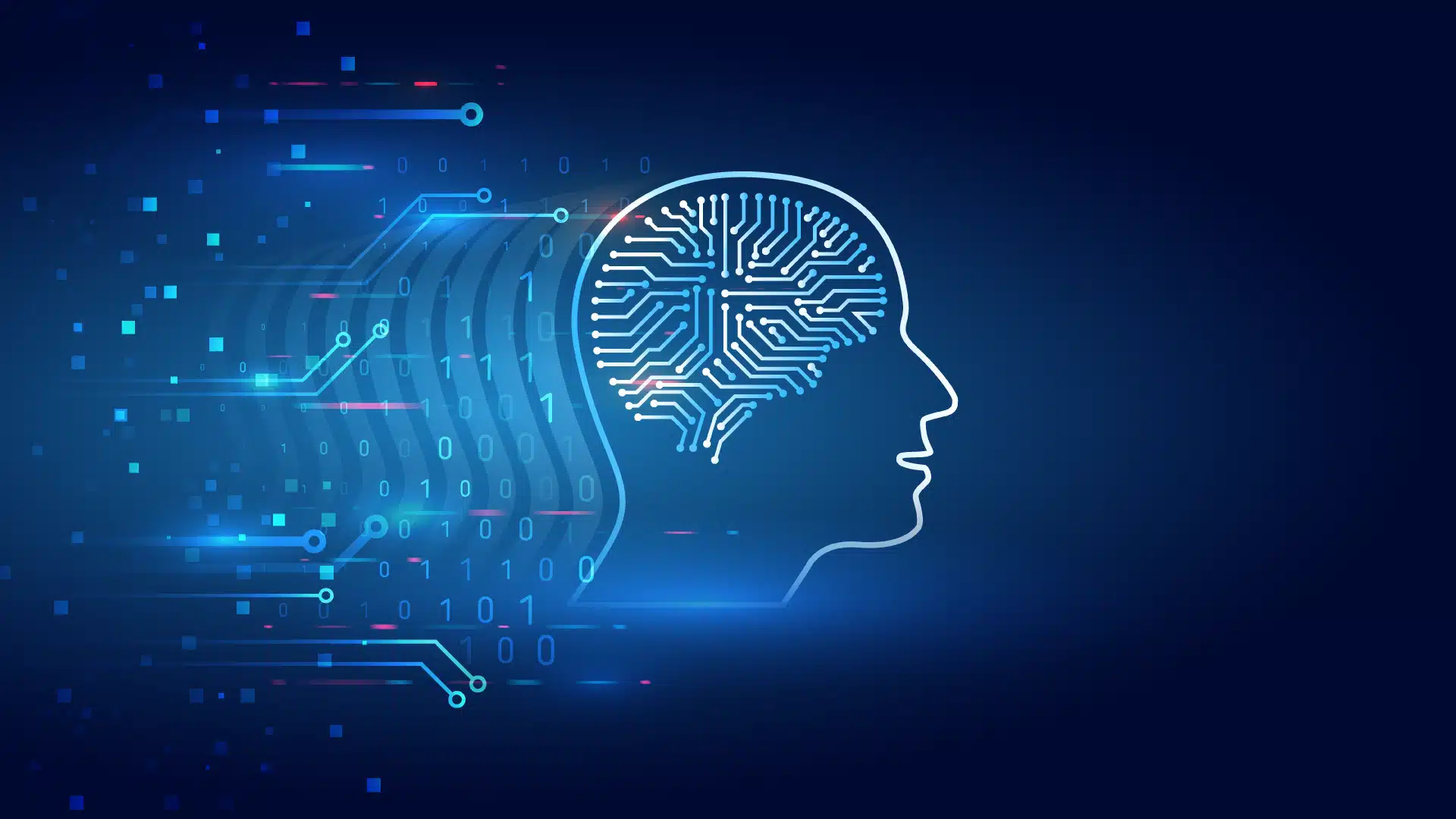Intuition is often described as a gut feeling, a hunch, or a sense of knowing without conscious reasoning. It’s a part of human cognition that has long been associated with mysticism and the supernatural. However, recent scientific studies have shed light on the cognitive processes that underlie intuition and how it works. In this article, we’ll explore the science behind intuition and how it can help us predict the future. We’ll examine the different types of intuition, how it relates to decision-making, and the role it plays in everyday life. Finally, we’ll discuss the concept of psyche readings, which is a form of intuition that is believed to tap into the unconscious mind to provide insights into the future.
The Science Behind Intuition
The role of the unconscious mind in intuition: Our intuition often comes from our unconscious mind, which processes information outside of our conscious awareness. This information can include subtle cues from our environment or past experiences that our conscious mind may not have picked up on. This allows our intuition to pick up on things that our rational mind may have missed.
The role of pattern recognition and experience in intuition: Intuition can also be shaped by pattern recognition and past experiences. Our brains are wired to recognize patterns, and this ability can be honed through experience. Over time, our brains can start to recognize patterns in situations that are similar to ones we’ve experienced before, allowing us to make intuitive predictions about what might happen next.
The neuroscience of intuition: Recent research has shown that intuition involves activity in areas of the brain that are associated with emotions, memory, and decision-making. For example, the amygdala, a region of the brain involved in emotional processing, has been shown to be active during intuitive decision-making. Additionally, the prefrontal cortex, a region of the brain involved in decision-making and executive control, has been shown to be less active during intuitive decision-making. This suggests that intuition involves a complex interplay between emotional and cognitive processing in the brain.
The Use of Intuition in Psyche Readings
A psyche reading is a type of reading that uses intuition to gain insights into a person’s psyche, emotions, and future. It typically involves a psychic or intuitive reader who may use tools like tarot cards or runes to facilitate the reading. The goal of a psyche reading is to provide guidance, clarity, and direction to the client by tapping into their subconscious mind.
Intuition plays a key role in psyche readings. The reader may use their intuition to tune into the client’s energy and gain insights into their emotions, thoughts, and life experiences.
They may also use intuition to interpret the symbols or images that appear during a tarot or rune reading. They may ask the client questions to help clarify the information they are receiving through their intuition and provide more specific guidance. This includes online psychic reading, where the reader uses their intuition to connect with the client’s energy and offer guidance on various aspects of their life, such as relationships, career, and personal growth.
The effectiveness of intuition in psyche readings is a subject of debate among practitioners and skeptics. Some argue that intuition is a powerful tool for gaining insights into the psyche and predicting the future, while others believe that it is too subjective and unreliable to be used as a basis for making important decisions. However, there is evidence to suggest that intuition can be an effective tool when used in combination with other forms of analysis, such as logic and reason. The key is to use intuition as a guide rather than a sole source of information.
Applications of Intuition in Daily Life
Intuition can be a useful tool in decision-making, particularly in situations where there is not enough information or time to make a fully informed decision. By tapping into our unconscious mind and past experiences, intuition can help us quickly arrive at a decision that feels right. However, it’s important to note that intuition should not be the only factor considered in decision-making and should be balanced with rational analysis.
Following your intuition can lead to positive outcomes such as increased confidence, creativity, and improved relationships. By trusting our instincts, we may discover new opportunities and make better choices that align with our values and goals. Additionally, research suggests that people who follow their intuition tend to experience less stress and anxiety.
Ignoring our intuition can lead to negative outcomes such as missed opportunities, bad decisions, and regret. When we ignore our gut feelings, we may be ignoring important information that our unconscious mind is trying to communicate to us. In some cases, this can lead to feelings of confusion, indecisiveness, and anxiety. It’s important to be aware of our intuition and consider it as a valuable source of information in our decision-making process.
Developing Your Intuition
There are several techniques that can help individuals enhance their intuition. These include meditation, visualization, and journaling. Meditation can help quiet the mind and increase awareness of one’s thoughts and feelings. Visualization involves creating mental images to tap into intuition, while journaling can help individuals reflect on their experiences and identify patterns and insights. Other techniques that can be used to enhance intuition include dream analysis, tarot cards, and other divination tools.
Mindfulness and self-awareness are also important for developing intuition. Mindfulness involves being present in the moment and observing one’s thoughts and feelings without judgment. This can help individuals become more attuned to their intuition and better able to recognize intuitive insights. Self-awareness, on the other hand, involves understanding one’s strengths, weaknesses, and patterns of behavior. By developing self-awareness, individuals can better understand the sources of their intuitive insights and make more informed decisions based on this information.
What We Learned
We explored the science of intuition and how our minds can predict the future. We delved into the role of the unconscious mind, pattern recognition, and experience in intuition, as well as the neuroscience behind it. We also discussed the use of intuition in psyche readings and its potential effectiveness. Furthermore, we examined the practical applications of intuition in decision-making, the benefits of following your intuition, and the potential pitfalls of ignoring it. Lastly, we discussed techniques for enhancing intuition, the importance of mindfulness and self-awareness, and the significance of practice and experimentation. Ultimately, intuition plays a vital role in human decision-making and can be a valuable tool for navigating life’s challenges.




